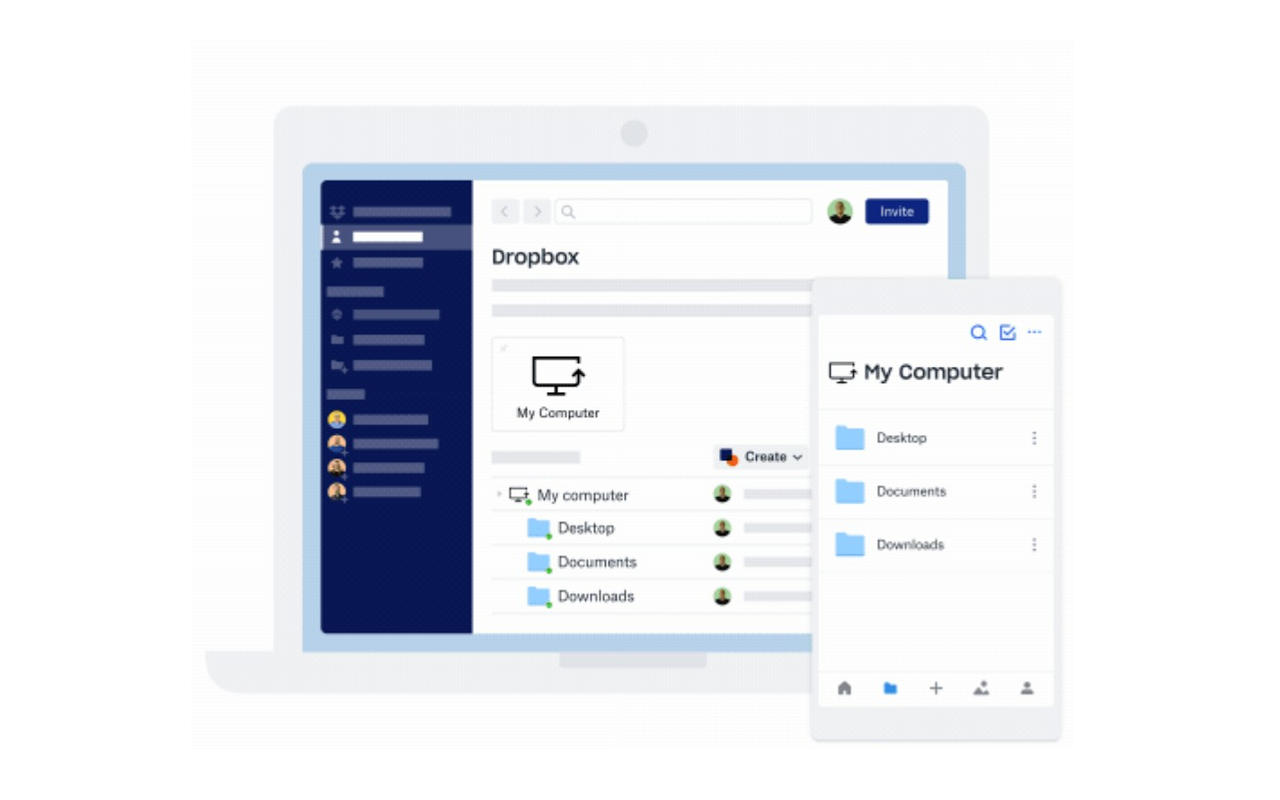

The risk, though small, is that one of the cloud-based services could be breached and your passwords released out into the wild. The downside of cloud storage is that the user cannot ensure the security of the data. Cloud storage also makes passwords recoverable if the user loses the device. These services keep encrypted copies of your vault on their own servers, ensure that all your devices are always synced and encrypt the transmissions between your devices and their servers. Since encrypted passwords are stored on cloud servers, users can access them from any number of devices and sync passwords between devices relatively easily without any required additional steps. Storage improves accessibility and user convenience. If the device is lost and/or stolen the passwords are all compromised.

Password manager licenses can only be used on one device, meaning multiple licenses need to be purchased for every single device needed to sync passwords. Since the password is stored on the user's device, the user has total control over its security. Storage hampers the user experience but forces hackers to resort to difficult malware-based approaches like using keyloggers and other advanced tools. The biggest decision to make is whether you want your passwords to be stored locally on your own computers and mobile devices, or in the cloud on someone else's servers. The master password unlocks your encrypted vault which grants you access to each of your passwords. Passwords managers help you generate unique and strong passwords, store them in one safe (encrypted) place, and use them while only needing to remember one master password. So, how do you manage the hundreds or even thousands of passwords you need to remember in your daily life? Remembering a lot of passwords is difficult, but security experts (including ISO) recommend that you DO NOT reuse passwords.


 0 kommentar(er)
0 kommentar(er)
